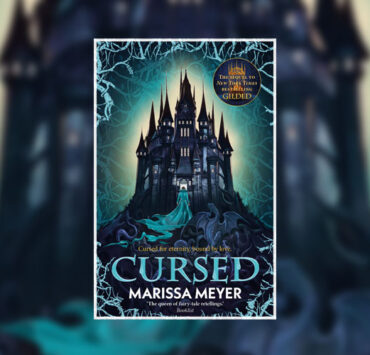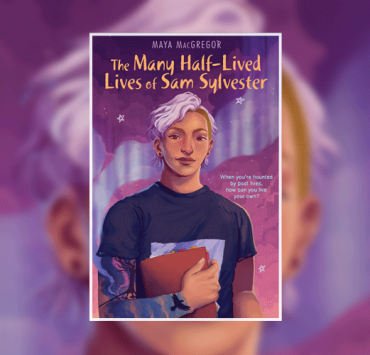Dungeons and Deadlines: the dual life of a writer and a role-player

If I’d never touched a role-playing game then I wouldn’t be a writer, full stop. It’s that simple.
If I’d been writing this piece a few years ago I’d have to ramble into a self-conscious paragraph about what role-playing games actually are, but right now that doesn’t seem necessary in the same way. Through live-play and Critical Role and Stranger Things the world seems more plugged into at least the general concept of RPGs than ever before. Plus a whole generation of kids who played games are now adults who have money to spend, and that’s driven a grand return to a hobby whose parameters are only expanding to cover ever more diverse systems and tones and styles of storytelling. Not only is the hobby more popular now than perhaps it’s ever been, but it’s more diverse – catering for and being created by a far wider demographic than the ‘four boys in a basement’ stereotype from the 80s.
And, to bring the writing thing back in, I think that the world of SF and fantasy fiction is in a similar position. Not that there haven’t always been powerful and prominent voices who didn’t stand out from the majority, but never so many and so prominent. And both worlds are profoundly the better for it.
Dialling back, though: gaming and writing, what’s the connection? My early creativity went entirely into gaming. It was for games that I created worlds and characters, and in doing so I was honing a whole skillset that would be 100% useful to a fiction writer without even knowing it. In fact, creating worlds as a games master for a RPG group is the perfect training ground for a writer who wants to focus on setting, as I do. This is because, unlike the well-behaved characters in a book who mostly do what you tell them, the characters in a game are controlled by other people with their own ideas, and so the world you build them needs to be rugged and expansive enough to withstand all the random meanderings and opportunistic vandalism they’ll unleash on it.
This sort of thinking gave me my first published books with the Shadows of the Apt series, and has gone on to inform all of my writing up to the various worlds of the Children books. Having a world that extends beyond the boundaries of the page, rather than containing only those elements required by the immediate plot, gives a sense of enduring reality that I think readers value. Fantastic and immersive settings are one of the great strengths of SFF. With the Childrenbooks, in fact, the settings have become the main character. In Children of Time and Ruin we are following the evolution of a whole world over time, experienced through the fleeting viewpoints of a succession of characters. And in the new Children of Memory I turn this on its head, with a continuity of characters trying to disentangle the mystery of a place where things don’t quite seem to be what they should. In both cases, though, the world is the star, and constructed using those same skills I was practising back when it was more about orcs guarding a treasure chest way back in the day.
Children of Memory (Tor Books) is out now in hardback at £20


